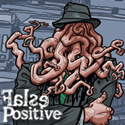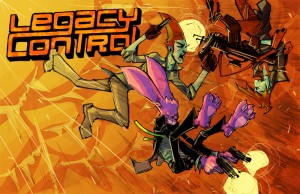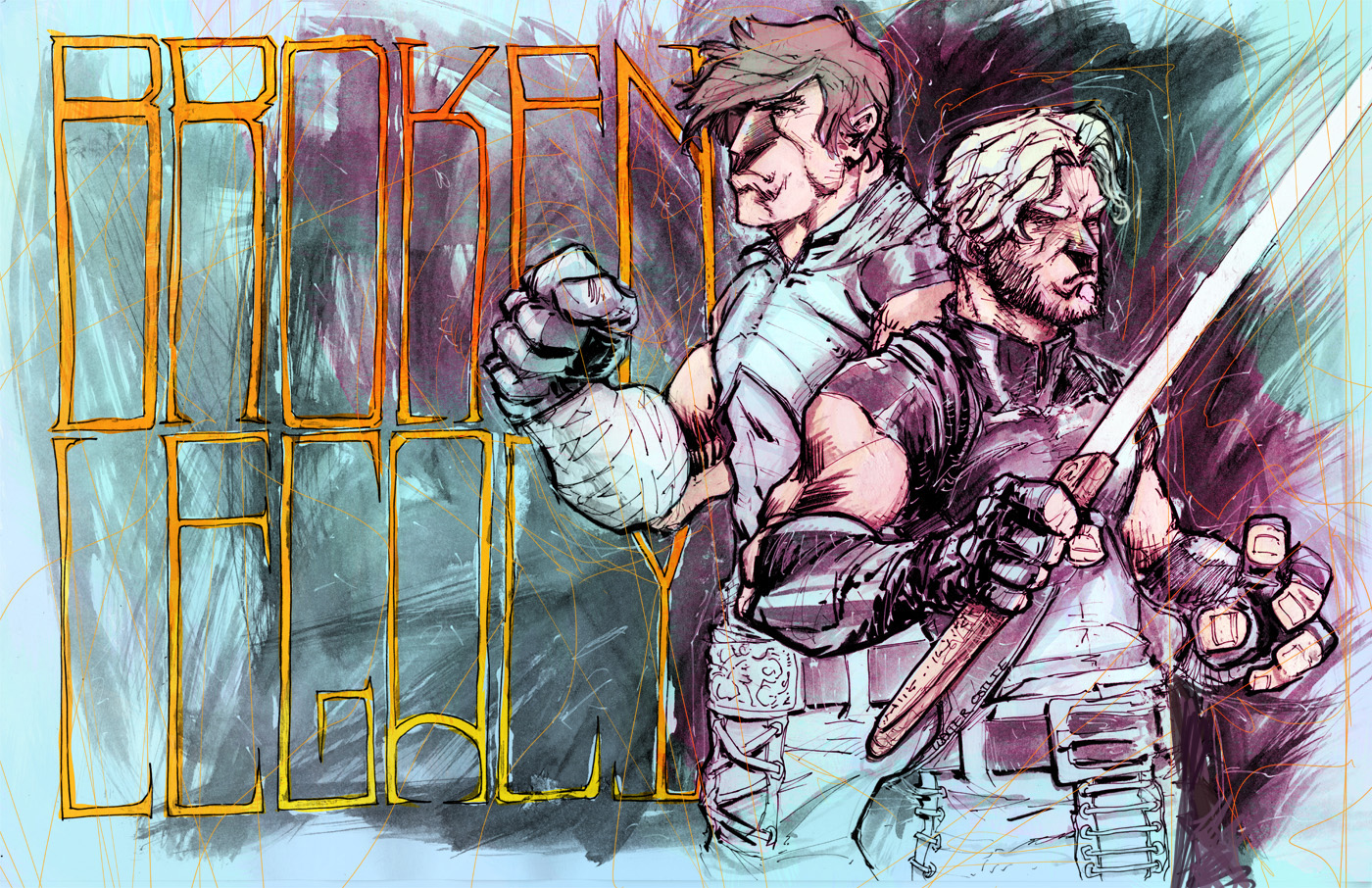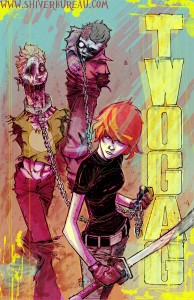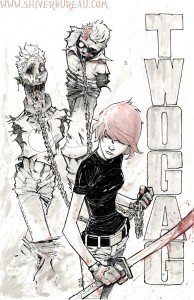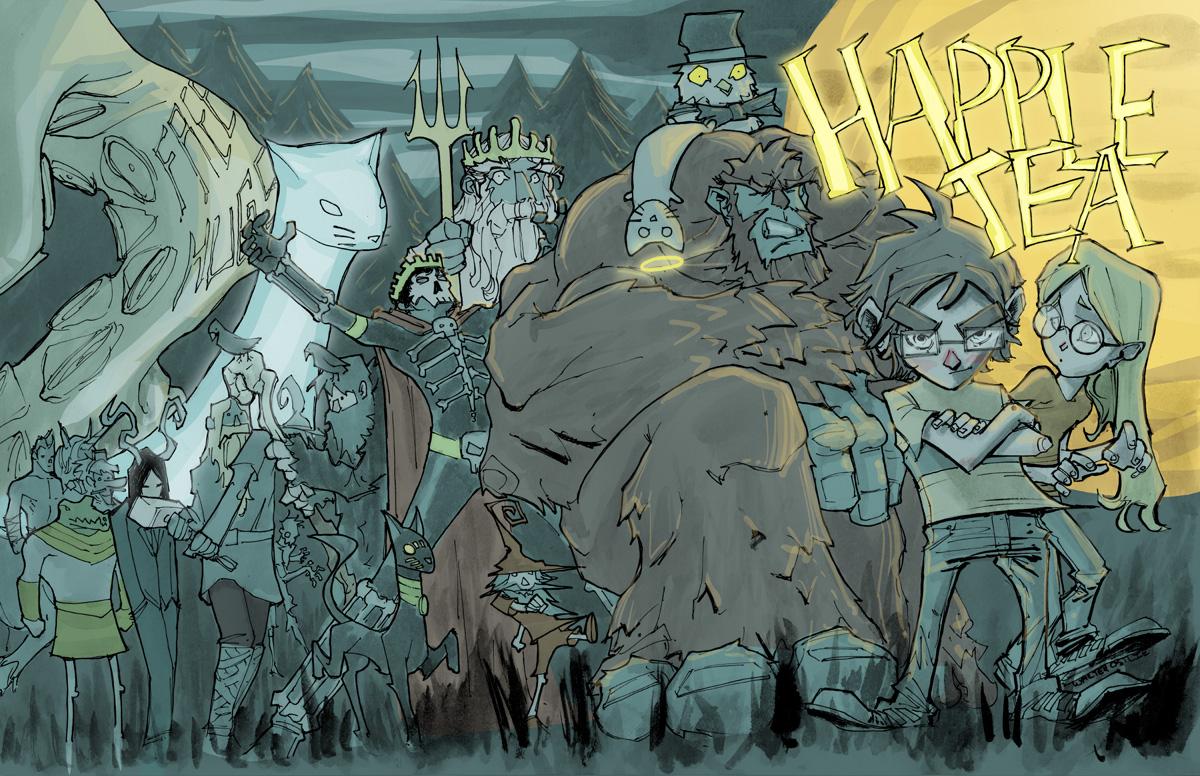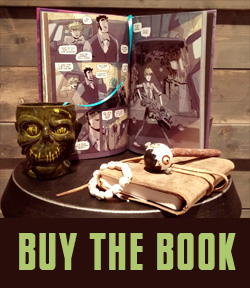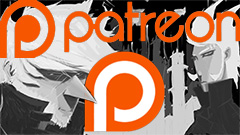What Artists Want From Writers: First Contact
“Dear artist,
I’m a writer. I saw your artwork online and think it would be a perfect fit for my story. Please contact me if interested.”
Artists get emails like this all the time. The writer behind the email is most likely a hard worker driven by a passion to create something awesome called a comic. However, this email doesn’t translate that passion. This is what the artist interprets:
“Dear random artist,
I would like to write comics. I haven’t written anything, but if I had an artist I know I could write something great. I figured I’d toss it against the wall and see if anything stuck. Did it?”
To make sure the correct message is delivered include these points:
BIO
This is the fairly straight forward piece of the puzzle. Writers need portfolios too. Name, website, past work, and genre preference are must haves.
Having a regularly updated blog is a great way for an artist to get a feel for the personality of the writer. The site should have a steady stream of thoughts, writing snippets, and experiences. It’s the modern age and a writer should have a web presence.
So what if the writer has no samples? To be honest, they shouldn’t be contacting artists. Really they are wasting their time and the artist’s time. How can someone be a writer if they haven’t written anything? They need to write a story, not an email.
STORY
Now that the story is done; tell the artist about it. I can understand not wanting to give away all the juicy bits, but give me the elevator pitch. What is so awesome about this story that I won’t be able to turn it down?
PLAN
What’s the point of doing the work? Is it just to sit on the writer’s bookshelf collecting dust? I hope not.
Potential plans
- 5 page teaser pitched to major publishers at these upcoming conventions.
- Webcomic updating twice a week, self publish and distribute through Diamond.
- 2 page birthday present to Nana.
Walk the artist through the plan. How, when, where, why. If it is a 5 page submission, what happens if it isn’t selected? If it is a webcomic, how is revenue generated?
PAY
This is the first thing that pops into my head when I read the email. Am I going to get paid?
If there is pay, state the project budget. I can understand an unwillingness to be direct when it comes to money. Just be aware that the more vague the situation the more wary the artist will be.
Let me stress, that I truly believe artists should be paid for their work. They provide a service with a rare skill and will work several hours to produce a single page of artwork. To make art is the lively hood of an artist, not their obligation. It should be assumed artists will be paid to do work, just like any other profession. This is the same for writers. If someone asks a writer to write something, the writer should expect compensation.
Having said that, all is not lost if no money is involved. The writer just needs to try a little harder. Common substitutes are experience, backend profits, and exposure. Most artists are going to realize these things mean absolutely nothing. Experience is a joke. Backend profits and exposure are possible, just not probable. If the writer is serious about either of these then they need to provide some details on how they plan to accomplish this. Where will the book be sold, how will they get it there, how much traffic will it generate, etc.
I realize most writers aren’t being paid to create their dream, so why does the artist get to be paid? The writer’s dream is not the artist’s dream. Or is it? The other option is to sell the artist on the story, get them hooked and make them co-creator of the book. This means the ownership of the book is split between writer and artist; at the very least a 50/50 split. If the idea sparks the imagination of the artist, then both parties will be equally passionate for the project and have an equal investment.
The writer will have a better chance if they ask for less commitment. An artist won’t want to work on a year long project with no pay. On the other hand, they may be willing to do a pin-up or even a few pages in hopes of snagging a publisher or funding on Kickstarter. The less the writer offers, the less they should ask for.
It doesn’t have to be just about the money. There are some more manual tasks that a writer can take on to lessen the burden on the artist.
- Learn to flat pages.
- Learn to letter pages.
- Learn Comicpress.
- Reference research and collecting.
Just a good rule of thumb, jumping right into a long term project is a bad idea. Artists may initially be excited but quickly burn out. Personalities may clash. It is best to keep the first project fairly simple to test the waters.
Collaborations can be great, but I think they would work better when the artist and writer are no longer strangers. Perhaps a team that has worked on small projects together and have become familiar with each other.
PUT UP OR SHUT UP
Just so I am not waxing fantastic, here a sample of something I’d want to see in an email.
“Dear Artist McCool,
My name is Writer McFly. I’m a fairly new writer, but I’ve already written a few action/horror screenplays. If you want to take a look, I have them up on my blog at linksdotcom.
I just finished writing my first graphic novel about an epic power struggle between a farmer and a ban of ravenous rabbits terrorizing his crops. The farmer, unable to feed his family, sells his soul to a demon to rid himself of the rabbits. Well it all goes pretty downhill from there. It’s called ‘Old Mic Had a Soul’
I found your work on Deviant Art and really love your take on ‘American Gothic’. I really think you could bring Old Mic to life.
I am not able to offer you any money, but I would be interested in a co-creator endeavor. I was thinking 60/40 in your favor. I would also be able to help flat and letter the comic. You can see some of my work on my blog as well.
My plan is to get 6 pages completed before SuperKrazyCon in 4 months. I will have pitch packets created and work the convention, pitching to editors and publishers. If all else fails, I would like to use the 6 pages on a Kickstarter campaign to help fund the rest of the art and to get the book self published.
Let me know if you’re interested and I’ll send over the first chapter as well as some character descriptions. Then I’d love to discuss any thoughts you had regarding the story and what direction you see it progressing.”
CLOSING
The first contact is an important part of creating a healthy relationship between a writer and artist. It is important to be honest and clear. Most artists will see through empty words.
AUDIENCE
The article is directed to amateur writers and artists in hopes to bridge the gap between the two.
DISCLAIMER
I am an amateur writer and artist myself. This article is only meant as a starting point and to generate discussion. I am not a lawyer and am not providing any legal advice. Before entering into an agreement make sure you consult with some kind of legal person. Before giving away ownership of your property make sure you have hooks in place to regain ownership should the other party have to leave the project.
